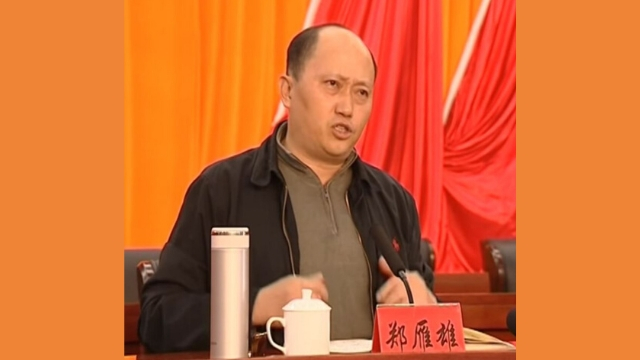It gets worse every day: a new document allows the police to enter private premises without a warrant, freeze assets, and crack down on criticism posted online.
by Massimo Introvigne

On July 6, 2020, the newly established Committee for Safeguarding the National Security of the Hong Kong Special Administrative Region (香港特別行政區維護國家安全委員會) published the Implementation Rules to interpret Article 43, a key provision of the new Hong National Security Law.
Perhaps not coincidentally, on the same July 6 Chinese and Hong Kong media revealed that the CCP has set up a new task force against “threats to political security,” aimed at “hitting hard” at “subversive activities, terrorist acts, ethnic secession and religious extremism” (note the reference to “religious extremism”), and at “safeguarding the integrity of China’s political system,” i.e. the power of the same CCP.
Some days before, the CCP appointed Zheng Yanxiong as the head of the Office for Safeguarding National Security (香港特別行政區維護國家安全公署), the most powerful new agency to crack down on dissent in Hong Kong. Zheng is regarded as a hard-liner, who became famous in 2011 for his brutal repression of protests in the village of Wukan, Guangdong, against the seizure of land sold to developers and corruption. Zheng, who was the local CCP secretary, justified the repression by accusing the villagers of colluding with “rotten foreign media organizations” that were trying to destroy Socialism in China
The publication of the Implementation Rules confirms that the CCP wants to move very quickly, and enable the police to take exceptional measures to repress dissent in Hong Kong. Paragraph 1 of the Implementation Rules states that, “in urgent situations, a police officer not below the rank of Assistant Commissioner of Police may authorize his officers to enter the relevant place to search for evidence without a warrant.”
Paragraph 2 allows to confiscate passports of persons suspected of offenses against national security, “lest some of the persons involved in the case abscond overseas.” Paragraph 3 allows for freezing, confiscating, and disposing of properties and assets of those endangering national security. Paragraph 6 gives large powers to the police for covert operations, surveillance, and wiretapping in national security cases.
Of particular interest is Paragraph 4. It states that, when “an electronic message published on an electronic platform is likely to constitute an offence endangering national security or is likely to cause the occurrence of an offence endangering national security,” the police may ask the service provider to delete the message. The police may also request the service provider “to provide the identification record or decryption assistance,” in order to identify the person who posted the offending message. According to Paragraph 7, if the service provider refuses to comply, it should pay a fine of HK $ 100,000 and its managers will be arrested.
Facebook, Google, and Twitter are blocked in Mainland China, but not in Hong Kong. Facebook, Twitter, and Google announced on July 6 that they will not comply with requests to share information on users with the authorities. However, they emphasized that this is a provisional decision, “pending further assessment.” Social media companies try to avoid criticism that they do not care about human rights. On the other hand, Hong Kong is where Mainland China companies deal with them and buy expensive ads for the international markets. Whether conscience or money will prevail, time will tell.












